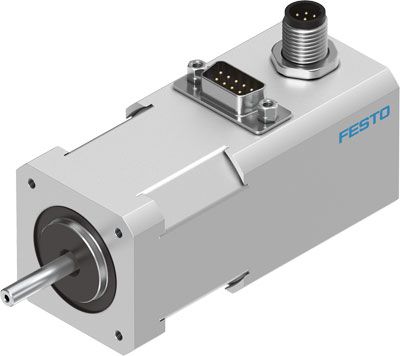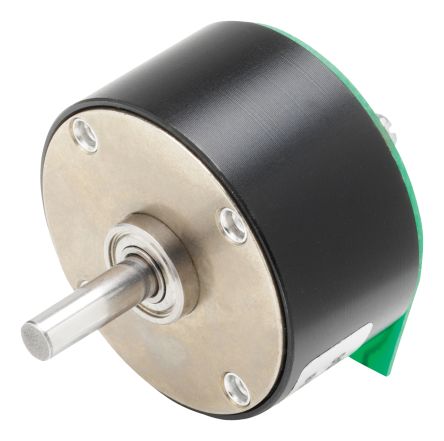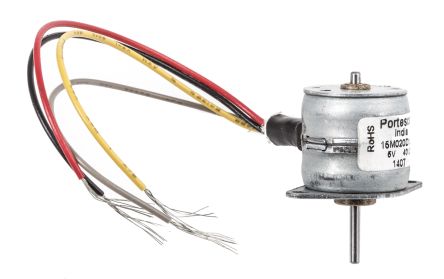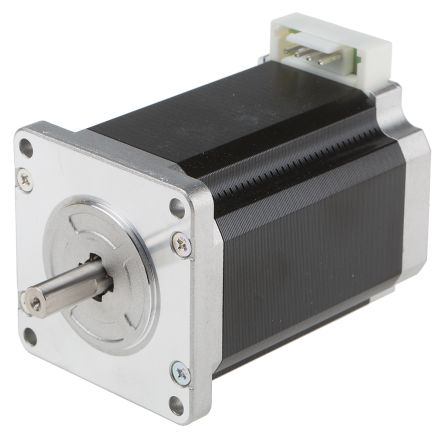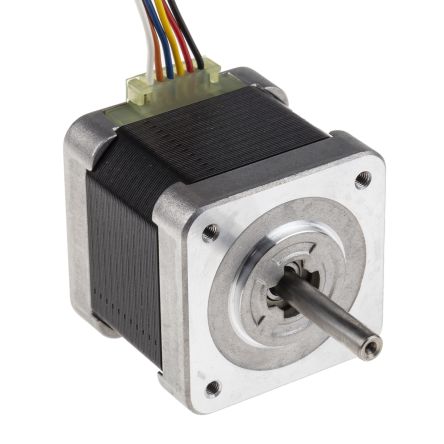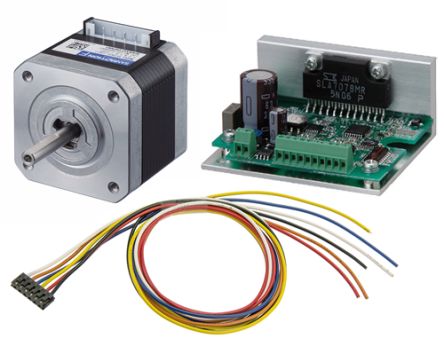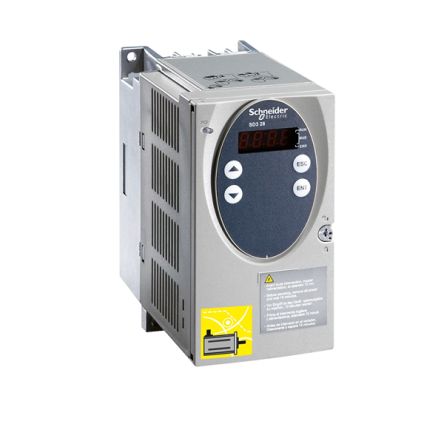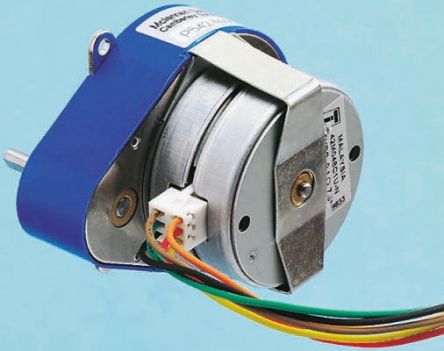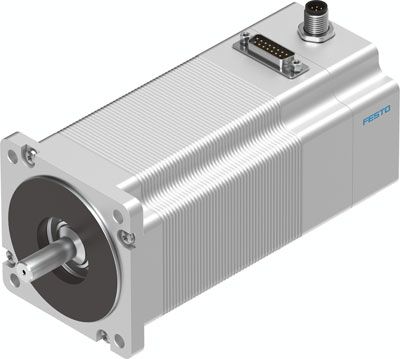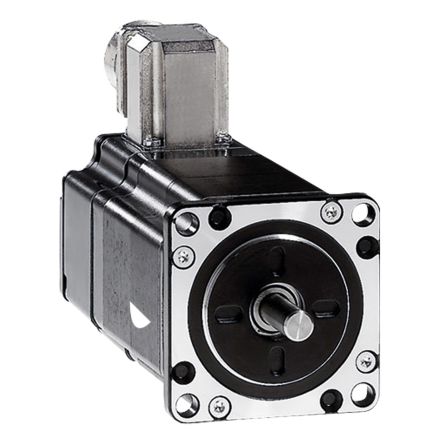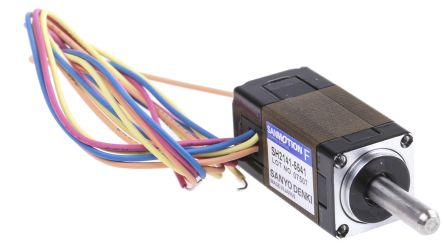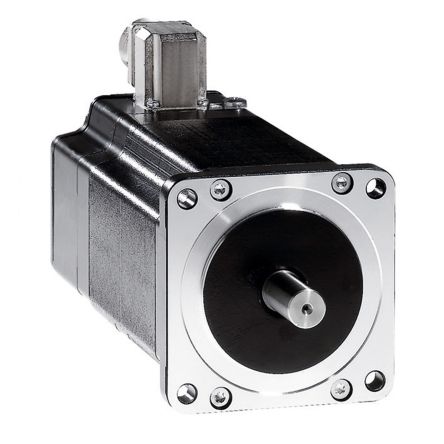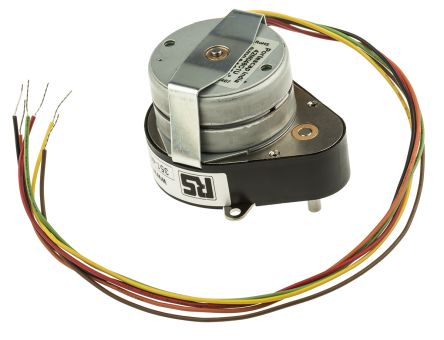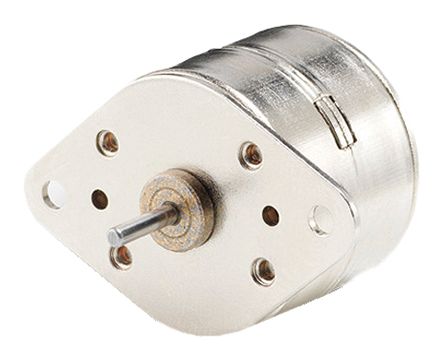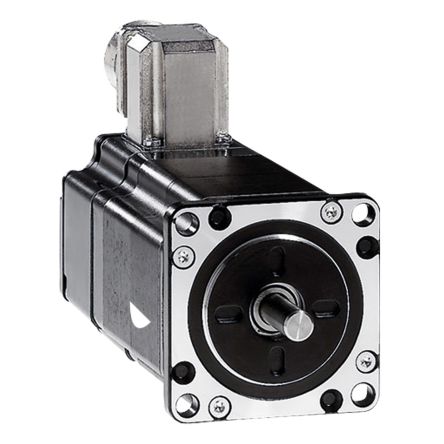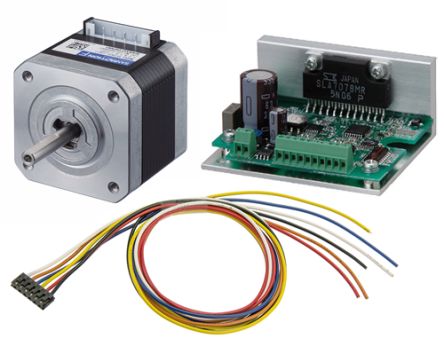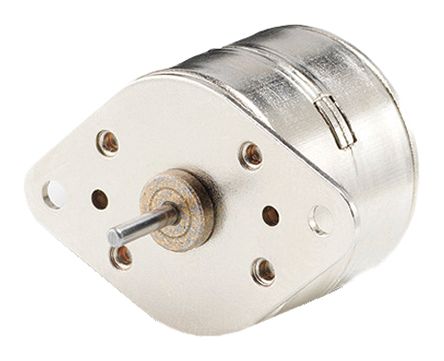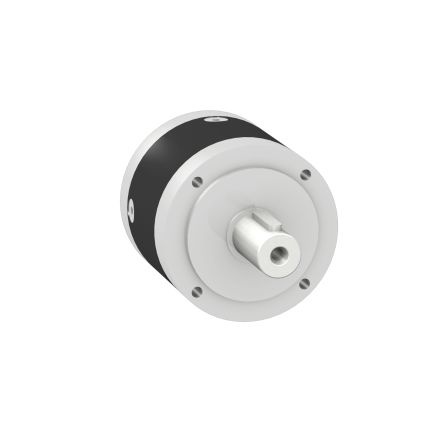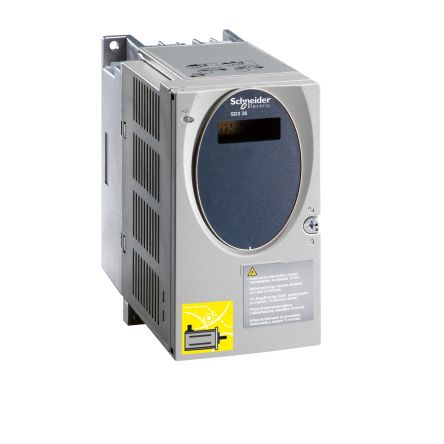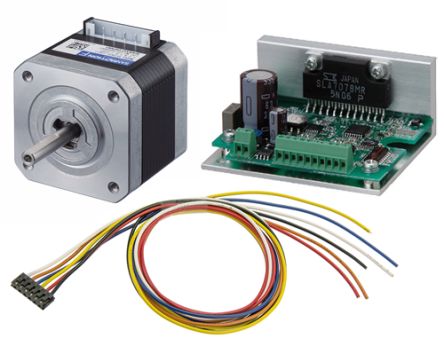- Automation & Control Gear
- Cables & Wires
- Enclosures & Server Racks
- Fuses & Circuit Breakers
- HVAC, Fans & Thermal Management
- Lighting
- Relays & Signal Conditioning
- Switches
- Batteries & Chargers
- Connectors
- Displays & Optoelectronics
- ESD Control, Cleanroom & PCB Prototyping
- Passive Components
- Power Supplies & Transformers
- Raspberry Pi, Arduino, ROCK, STEM Education & Development Tools
- Semiconductors
Stepper Motors
Stepper motors are DC motors that move in steps. Having computer-controlled stepping means you can get very precise positioning and speed control. As stepper motors have precise repeatable steps they are ideal for applications that require precise positioning. Normal DC motors don't have much torque at low speeds but a stepper motor features maximum torque at low speeds.
For a comprehensive guide to Stepper Motors please see our guide web/generalDisplay.html?id=ideas-and-advice/stepper-motors-guide
Benefits of Stepper Motors
- Excellent Slow Speed Torque
- Precise Positioning
- Long lifespan
- Flexible application
- Low-Speed Synchronous Rotation
- Reliable
Types of Stepper Motors
Bipolar Stepper Motor
Bipolar Stepper Motors contain an onboard driver that uses an H bridge circuit to reverse the current flow through the phases. Bipolar motors are generally better than unipolar motors. They have more torque and are more efficient. Bipolar stepper motors use electromagnetic coils which are energized on command, to turn a shaft. Using this system, the shaft can be turned in measured movements, and can also be reversed.
Hybrid Stepper Motor
Hybrid Stepper Motors allow for yet more precision, through techniques such as half-stepping and micro-stepping. Microstepping is a way of increasing the fixed number of steps within a motor by programming a driver to send an alternating sine/cosine waveform to the coils. Hybrid stepper motors combine aspects of both permanent magnet (PM) and variable reluctance (VR) stepper motors.
Permanent Magnet Stepper Motor
Permanent Magnet Stepper Motor has a rotor that is made from two permanent magnet rotors which are slightly offset from each other. It’s an electromechanical energy conversion device, which converts electrical energy to mechanical energy.
Applications
- 3D Printers
- CNC
- Camera Platforms
- Robotics
- Process Automation
Why use a Stepper Motor?
Stepper motors are an incredibly versatile, reliable, cost-effective, and accurate way of controlling precise motor movements, allowing users to increase the dexterity and efficiency of programmed movements across a huge variety of applications and industries.
